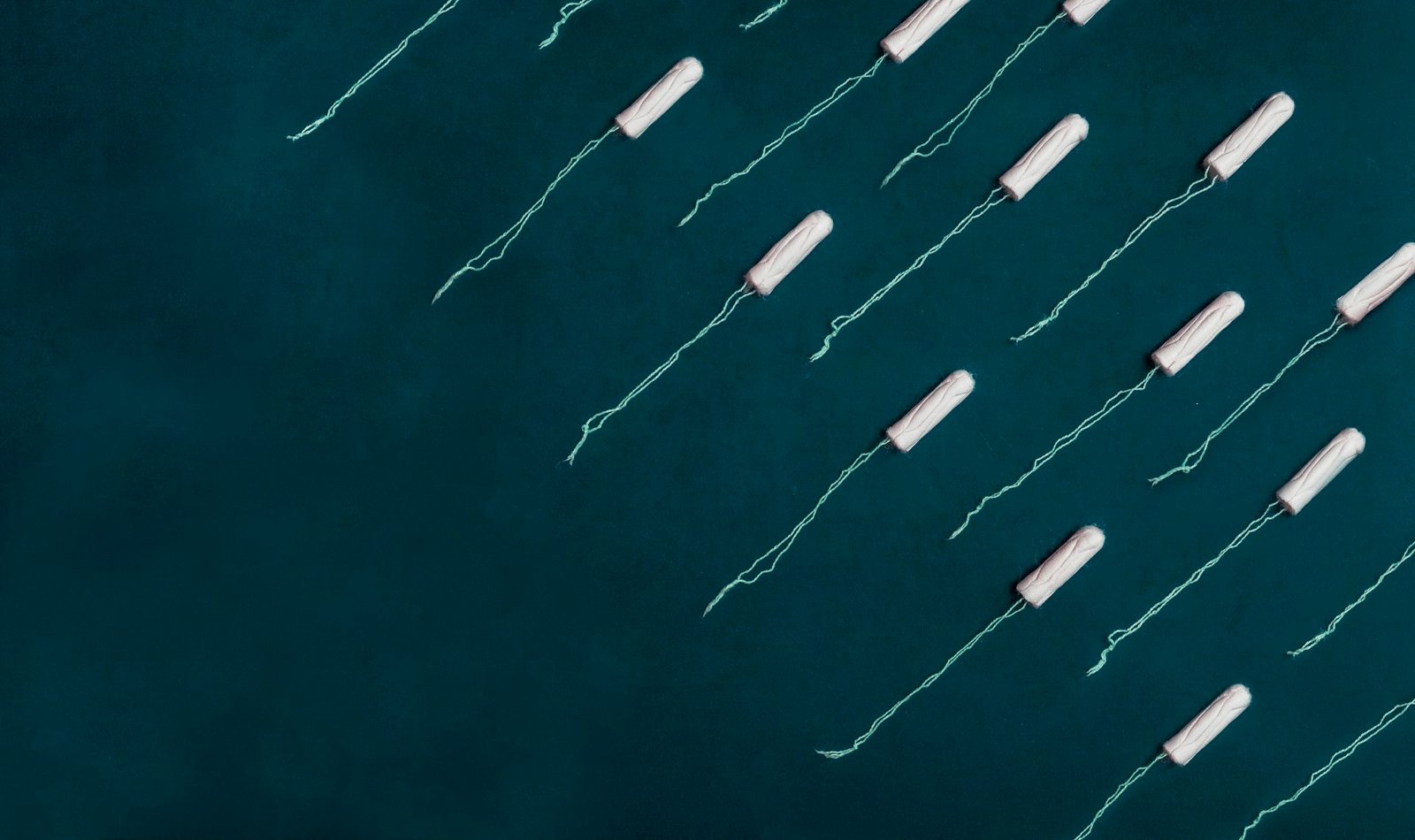
Pregnancy and childbirth trigger profound changes in a woman’s body, particularly in her hormonal system. One of the most common concerns after delivery is the return of menstruation. While some women resume a regular menstrual cycle relatively quickly, others notice irregularities. A frequently asked question is:
Can the 2nd period after delivery be irregular or late?
The short answer is yes—and for many women, this is completely normal.
In this article, we’ll explore why the second postpartum period may be delayed or irregular, what influences it, and when it might be a cause for concern.
What Happens to Your Period After Childbirth?
Following childbirth, your body undergoes a process called postpartum recovery, during which the uterus shrinks back to its pre-pregnancy size and hormone levels begin to stabilize. The timing of your first and second period depends on several factors, especially whether you are breastfeeding.
- Non-breastfeeding women: May see their period return within 6 to 12 weeks postpartum.
- Breastfeeding women: Often experience a longer delay, sometimes up to several months or more, due to elevated levels of prolactin, the hormone responsible for milk production, which suppresses ovulation.
Can the 2nd Period After Delivery Be Irregular or Late?
Yes, it can be. The second period after giving birth may not follow a regular cycle, and this irregularity is generally not a cause for alarm. Your body needs time to re-establish a hormonal rhythm after pregnancy, and this adjustment period can affect the regularity and timing of menstrual cycles.
Reasons Why the 2nd Period May Be Irregular or Late
1. Hormonal Fluctuations
After delivery, levels of estrogen and progesterone fluctuate as your reproductive system attempts to return to its normal pattern. These shifts can delay ovulation, which directly affects when your next period arrives.
2. Breastfeeding
Breastfeeding significantly influences your menstrual cycle. Prolactin suppresses the hormones needed for ovulation. If you are exclusively breastfeeding, your periods may remain irregular or absent for several months—even after the first one returns.
3. Stress and Fatigue
New mothers experience physical exhaustion and emotional stress. Lack of sleep, changes in daily routine, and the stress of caring for a newborn can disrupt hormonal balance and delay or irregularize menstruation.
4. Uterine Healing
Even after your first period, your uterus may still be recovering, especially if you had a C-section or complications during delivery. The second cycle can be affected as the uterus continues to restore itself.
5. Weight Changes and Nutrition
Rapid weight loss or gain, as well as poor nutritional intake, can impact your hormonal cycle. Postpartum dietary imbalances may temporarily disrupt your period pattern.
What to Expect from the Second Postpartum Period
- Flow: It may be heavier or lighter than usual
- Duration: It could be shorter or longer
- Cramps: You may experience stronger or milder cramps than pre-pregnancy
- Timing: The second period may come earlier or much later than expected
- Cycle length: It may vary from your previous 28-day or 30-day cycle
Irregularities are especially common in the first six months after delivery.
When Should You See a Doctor?
While occasional irregularity is expected, you should consult your doctor if:
- You haven’t had a second period more than 90 days after your first, and you’re not breastfeeding
- Your bleeding is extremely heavy (soaking through one pad per hour for several hours)
- You experience severe pain, unusual discharge, or signs of infection
- Your period suddenly stops again after resuming normally
- You suspect pregnancy, even if you’re breastfeeding
These may be signs of hormonal imbalance, postpartum complications, or a new pregnancy.
How to Support Regular Menstrual Cycles After Delivery
If you’re looking to regulate your menstrual cycle after childbirth, here are some gentle strategies:
- Eat a balanced, nutrient-rich diet with iron, B vitamins, and healthy fats
- Stay hydrated and avoid skipping meals
- Prioritize sleep and stress management, even in small ways
- Consider light physical activity, such as walking or yoga, once approved by your doctor
- Track your cycle with a calendar or app to notice patterns
Patience is key—your body needs time to re-establish its natural hormonal rhythm.
Final Thoughts: Can the 2nd Period After Delivery Be Irregular or Late?
Yes, the second period after delivery can be late or irregular, and this is often a natural part of the postpartum adjustment process. Unless accompanied by extreme symptoms or complete absence of menstruation for months without breastfeeding, these changes are typically not a cause for concern.
Every woman’s body recovers at its own pace. Give yourself grace, and reach out to your healthcare provider if something doesn’t feel right.
Summary
- The second period after childbirth can be irregular or delayed, especially while breastfeeding
- Hormonal changes, stress, and uterine healing all play a role
- It’s normal for postpartum periods to vary in flow, length, and timing
- Seek medical advice if bleeding is excessive, painful, or absent for an extended period
- Support your body with proper nutrition, hydration, rest, and self-care
Subscribe To Get Update Latest Blog Post
No Credit Card Required









Leave Your Comment: